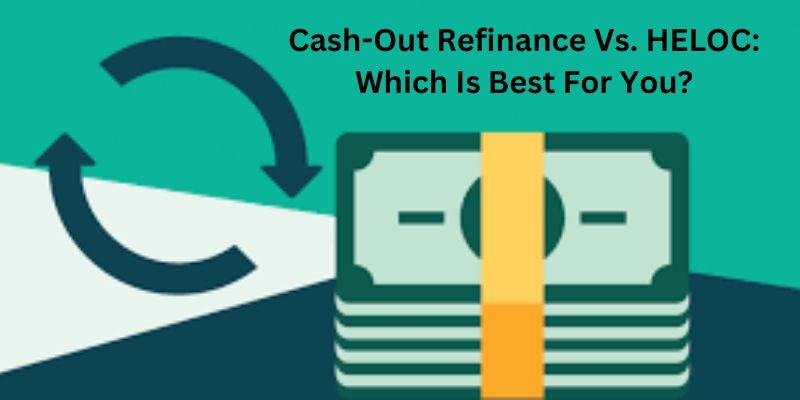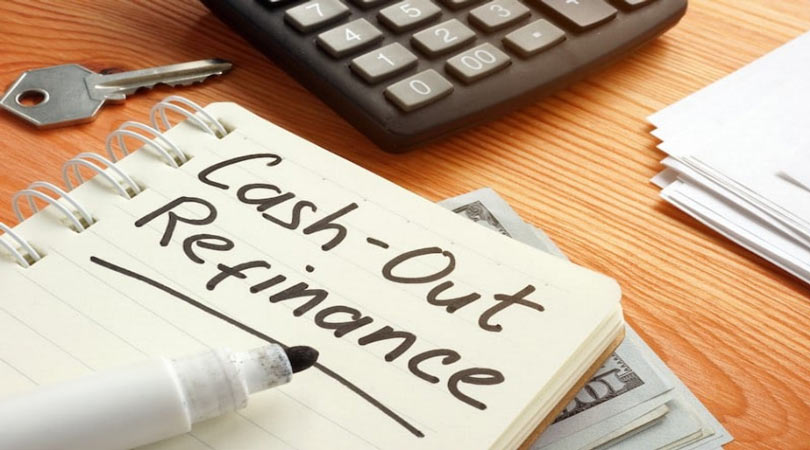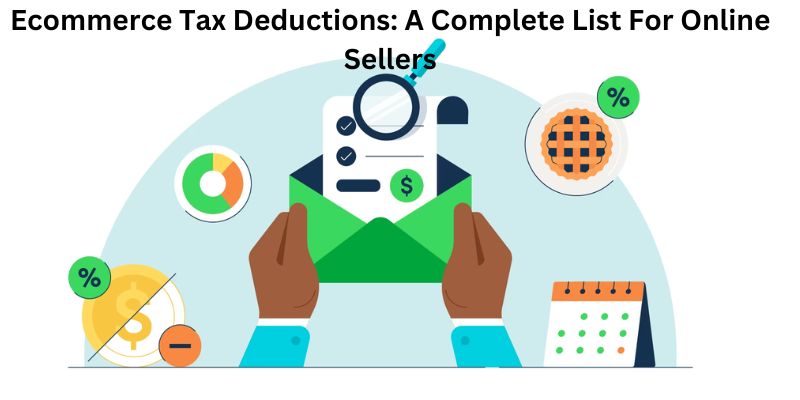Cash-Out Refinance Vs. HELOC: Which Is Best For You?
Triston Martin
Dec 28, 2023
Are you a homeowner trying to find the best way to access your available equity? Is cash-out refinance vs. HELOC something that you’ve been considering recently? These two options are popular alternatives for homeowners who want to convert their home equity into ready cash, but how do you decide which one is right for you?
In this blog post, we’ll discuss the pros and cons of each option so that you can make an informed decision about accessing your home equity. Keep reading to learn more about cash-out refinance vs. HELOC!
Overview of Cash-Out Refinance and Home Equity Lines of Credit (HELOC)
A cash-out refinance a loan that allows you to access the equity in your home and use it for expenses such as renovations, college tuition, debt consolidation, or other big purchases. With a cash-out refinance, you can borrow up to 80% of your home's value minus any outstanding mortgages.
This means that the amount you can borrow depends on how much equity you have in your home. To qualify, you will need to have good credit and financial stability.
A Home Equity Line of borrowing (HELOC), on the other hand, is a type of revolving borrowing backed by the equity in your home. It enables you to borrow money at an adjustable rate against your current home equity without getting a new loan.
You may be able to use a HELOC to withdraw up to 85% of the equity in your home, depending on your financial institution. You can often utilise the credit line more than once and pay down the balance until it is paid off, unlike a cash-out refinance, which is a one-time loan.
Both cash-out refinances, and HELOCs are excellent ways to access your available equity, but several key differences should be taken into consideration when deciding which option is best for you.
It's important to compare interest rates, fees, repayment terms, and other factors before making decisions. Be sure to research and talk with an experienced lender about both options so you can make an informed decision about accessing your home equity.
Calculating how much equity you have in your home
Knowing how much equity you have in your home is important to decide if cash-out refinance vs. HELOC is the right option. To do this, subtract any outstanding mortgages from your home's current value. For example, if your home is valued at $400,000 and you owe $200,000 on a mortgage loan, you would have $200,000 of available equity to borrow against.
Ways to tap your home’s Equity
The two major ways to access the equity in your house are cash-out refinances and a house Equity Line of Credit (HELOC). Your decision will be influenced by your financial requirements. In contrast to a HELOC, which enables you to borrow against the equity in smaller amounts over time, a cash-out refinance allows you to obtain a big sum.
It is important to research and talk to an experienced lender about your options before making any decisions. Weigh the pros and cons of each option carefully so that you can make an informed decision about accessing your home equity.
Understanding the differences between Cash-Out Refinance Vs. HELOC
Both cash-out refinances, and HELOCs allow you to access your home equity as ready cash, but several key differences should be taken into consideration before deciding which option is best for you.
Regarding cash-out refinances, the loan amount is typically limited to 80% of your home’s value, and the interest rate tends to be lower than with HELOCs. You also may be able to lock in rates for up to 30 years, and the entire loan is paid off at once.
With a HELOC, you typically have access to variable rates, but you can draw on funds multiple times over an indefinite period instead of all at once, like with a refinance.
Pros and Cons of a Cash-Out Refinance
Pros
- Low-interest rates
- Longer repayment terms
- All of the money is available at once
Cons
- Restrictions on the amount you can borrow, typically 80% of home value
- Fees to refinance, such as closing costs and origination fees
Pros and Cons of a Home Equity Line of Credit (HELOC)
Pros
- Access funds multiple times over an indefinite period
- Variable interest rates that may be lower than other forms of credit
- Easy access to equity with minimal paperwork required
- No need to take out a new loan or go through the refinancing process
Cons
- Higher interest rates than cash-out refinances
- Fees associated with HELOCs, such as annual fees and upfront setup costs
Factors to consider when deciding between a cash-out refinance or HELOC
1. Interest Rates: How do cash-out refinance and HELOC interest rates compare?
2. Fees: What are the associated closing costs, origination fees, annual fees, and other costs that come with each option?
3. Repayment Terms: How long will it take to pay off your loan or credit line?
4. Amount Borrowed: Is there a limit to how much you can borrow?
5. Financial Needs: Do you need a lump sum for renovations or tuition, or would you prefer easy access to smaller amounts over time?
Advice on finding the best refinance rate for your needs
When deciding between cash-out refinance vs. HELOC, comparing interest rates and fees associated with each option is important. Shop around for the best rate that meets your needs. Look online for lenders competing for your business or talk to local banks. Also, be sure to inquire about any special offers they may have, such as no closing costs or lower origination fees.
It's also a good idea to speak with an experienced loan officer who can help you understand the differences between cash-out refinances and HELOCs and make an informed decision about accessing your home equity. Finally, consider whether a fixed-rate or adjustable-rate loan would be better for you in the long run before applying.
FAQs
Is a cash-out better than a HELOC?
It depends on your unique financial situation and needs. A cash-out refinance may be right if you plan to stay in the home for many years, want a fixed-rate loan, and need access to a larger amount of money. But if you’re looking for quick access to funds at an affordable rate, a HELOC might be the better option.
Is it better to have home equity or cash?
It depends on the situation. Home equity can sometimes be beneficial, allowing you to access funds quickly when needed. However, readily available cash is also important for emergencies or other unexpected expenses. Ultimately, deciding which option best fits your needs and financial goals is up to you.
Can you do a cash-out refi if you have a HELOC?
Yes, it is possible to do a cash-out refinance even if you already have a HELOC. However, be sure to weigh the pros and cons of each option before deciding which is right for you.
Conclusion
Cash-out refinances vs. HELOC is an important decision that homeowners should carefully consider. While both offer the potential to access home equity, the two options have several key differences. Researching and comparing interest rates, fees, repayment terms, and other factors is important before deciding which option is best for you.
For more information about cash-out refinance vs. HELOC, talk to one of our experienced loan officers today! We’re here to help you make an informed decision that fits your financial needs and goals.









